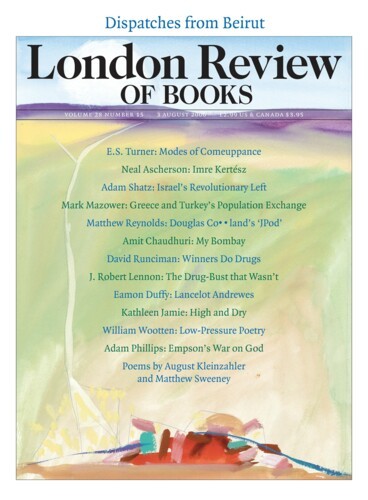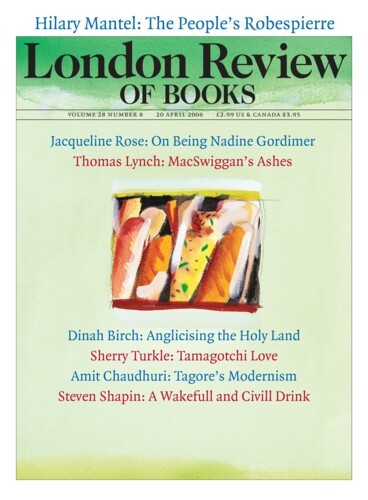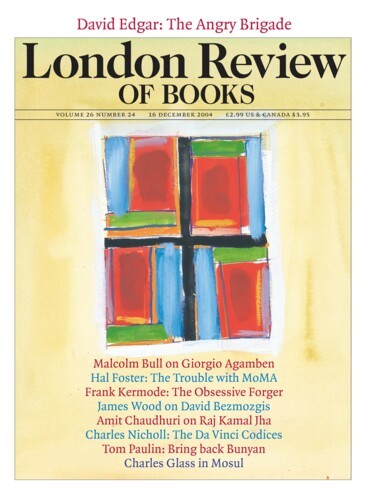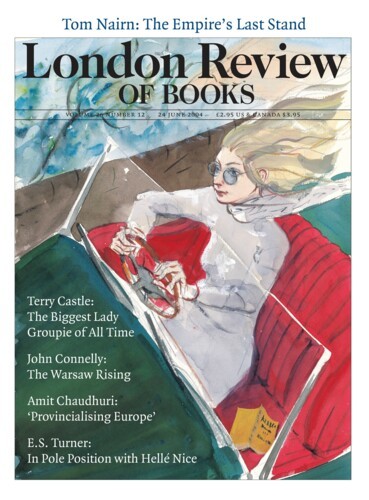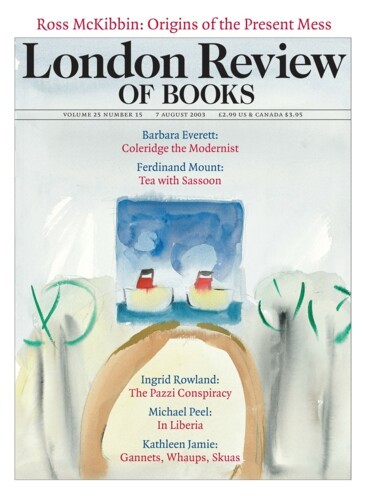The View from Malabar Hill: My Bombay
Amit Chaudhuri, 3 August 2006
Like Suketu Mehta, I was born in Calcutta, a city ‘in extremis’, in Mehta’s words, and, like him, grew up in Bombay. His father, who worked in the diamond trade, and mine, then a rising corporate executive, probably moved to Bombay from Calcutta for the same reasons; to do with the flight, in the 1960s, of capital and industry from the former colonial capital in the east to the forward-looking metropolis in the west, in the face of growing labour unrest and radical politics in leftist Bengal – the troubled context that ‘in extremis’ presumably refers to.
